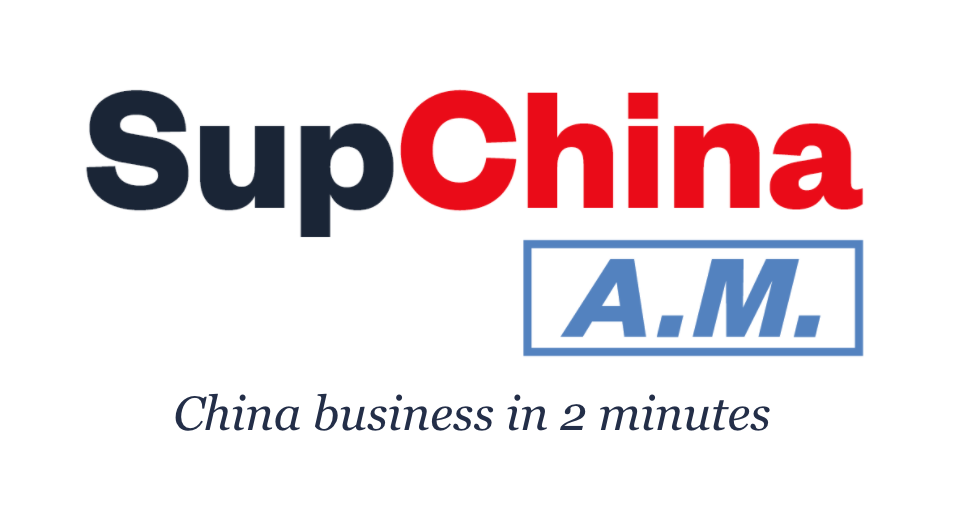What does Beijing want with its new rare earth mega-giant?
A story from the The China Project A.M. newsletter. Sign up for free here.

Beijing has finally approved the creation of a rare earth behemoth born out of three rare earth giants — China Minmetal Corp. (CMC), Ganzhou Rare Earth Group, and China Aluminum Corp. The mega-giant, called China Rare Earth Group, will be run by the country’s state assets watchdog and will control 70% of domestic production.
- The news came on the heels of another rare earth partnership between China Northern Rare Earth (Group) High-Tech, a state-owned enterprise, and its Hong Kong-listed private sector counterpart China Rare Earth Holdings.
- The intention was made known in late October, with Péng Huágǎng 彭华岗, secretary-general of China’s state asset watchdog, saying the government would “promote the restructuring of rare earths to create a world-class company.”
- A consolidation has been in the works for a few years with plans to create two firms, one in the north and one in the south. Each would control a different set of rare earths, a set of minerals found in everything from high-tech consumer electronics to military equipment.
The context: Rare earths has been deemed a strategic industry since the 1990s, and it has reached new levels of importance amid tense relations with the United States. In 2019, President Xi Jinping reiterated that rare earths were an “important strategic resource.”
- Industry insiders have largely discussed the merger in non-geostrategic terms. It will improve industry development by realizing “synergies” between the various firms, overhauling environmental pollution, and addressing inefficient use of valuable resources due to previous price wars.
- But foreign experts fear the new supergroup was created to increase China’s pricing power in global markets. They fear that price controls will be used offensively: China could flush newly foreign entrants out of the market by lowering the price of rare earths below profitability — the same way Amazon once beat out small retailers.
- It can also be viewed as a deterrence strategy: by increasing China’s bargaining power in high-level negotiations with the United States, the new mega-giant could make it think twice before weaponizing their supply chains like they did with semiconductors.
The takeaway: The consolidation will seem threatening to many analysts in the West. But the merger comes amid a torrent of new competition overseas as the United States and allies also invest billions into their own supply chains. Rare earths are one of the few industries where China has a distinct technological edge against the West — and it wants to keep it that way.






